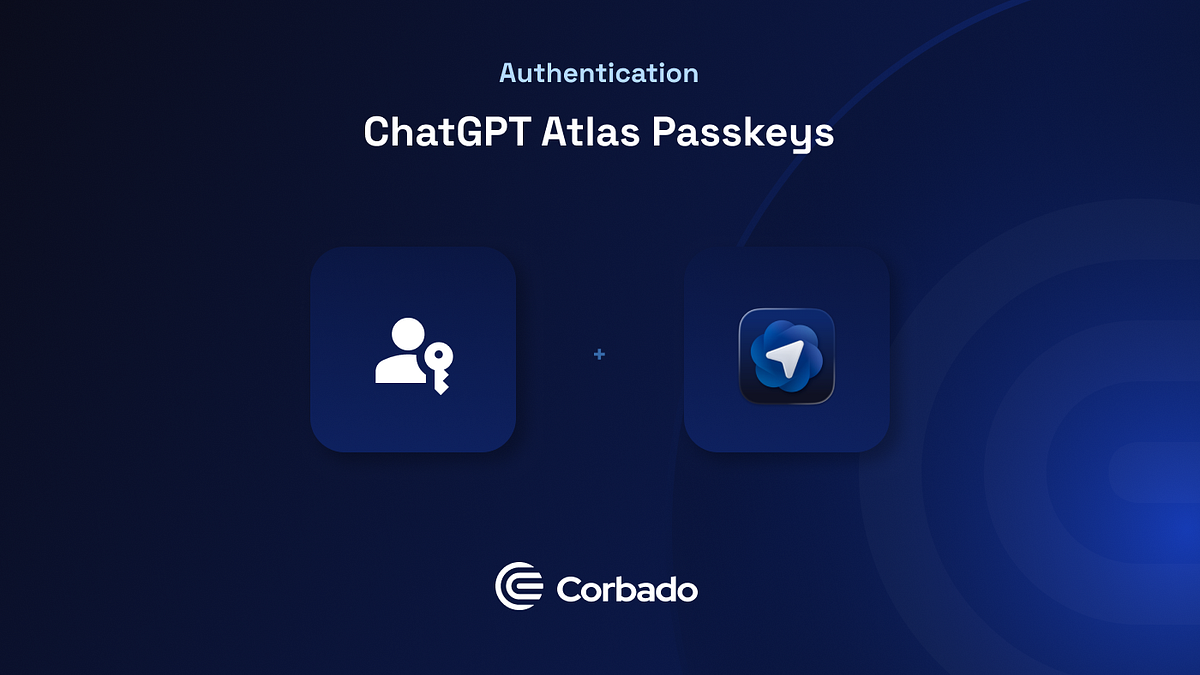Understanding ChatGPT Atlas Passkeys and Their Device-Bound Nature
ChatGPT Atlas, OpenAI’s browser with integrated ChatGPT, has introduced support for platform passkeys. However, these passkeys are currently device-bound, meaning they are created and stored only on the device where they were registered. Unlike passkeys managed through popular password managers such as iCloud Keychain or Google Password Manager, Atlas passkeys cannot be automatically synced or accessed across multiple devices. This device-restricted approach impacts practical usability, especially for users who operate across different devices in their workflow.
Technical Details: WebAuthn API and Unique AAGUID Implementation
The Atlas implementation leverages the WebAuthn API, using a unique Authenticator Attestation Global Unique Identifier (AAGUID). This technical detail sets Atlas apart as an independent passkey manager, operating separately from mainstream browser-based passkey solutions. As a result, passkeys created within ChatGPT Atlas do not integrate with existing browser or system credential stores and are not available to other browsers or password managers on the same device.
Cross-Device Authentication: QR Code Process Adds Friction
While mature passkey ecosystems offer seamless cross-device authentication, Atlas currently relies on a QR code-based mechanism. Users must scan a QR code from a secondary device to complete authentication, which introduces additional steps compared to the automatic, behind-the-scenes syncing available in browsers like Chrome or Safari. This process, while functional, adds friction and may slow down user workflows, particularly in professional or enterprise contexts where efficiency is critical.
Limitations of Atlas Passkeys: Usability and Integration
The key limitation is that Atlas passkeys remain confined to the device of origin. There is no native synchronization across devices and no integration with third-party password managers or credential stores. As a result, users cannot benefit from the convenience and security that comes from having passkeys available wherever they need them. This constraint is especially relevant for software developers and product managers evaluating authentication solutions for multi-device environments.
Future Outlook: Synchronization, Integration and AI-driven Authentication
Looking forward, there is speculation that OpenAI may enhance Atlas with synchronization features, enabling passkeys to move securely across devices. Potential integration with established password managers could also improve usability. Another intriguing possibility is the use of OpenAI agents, which could leverage stored passkeys to perform secure, authenticated actions on behalf of users — opening new possibilities for automation and delegated authentication.
Best Practices: Treat Atlas Passkeys as Experimental
Given current limitations, ChatGPT Atlas passkeys should be regarded as experimental. For critical authentication needs, it is advisable to continue using established browsers and password managers that offer robust passkey synchronization and integration. This approach ensures both security and usability, particularly for enterprise or multi-device workflows.
Read the full article here
